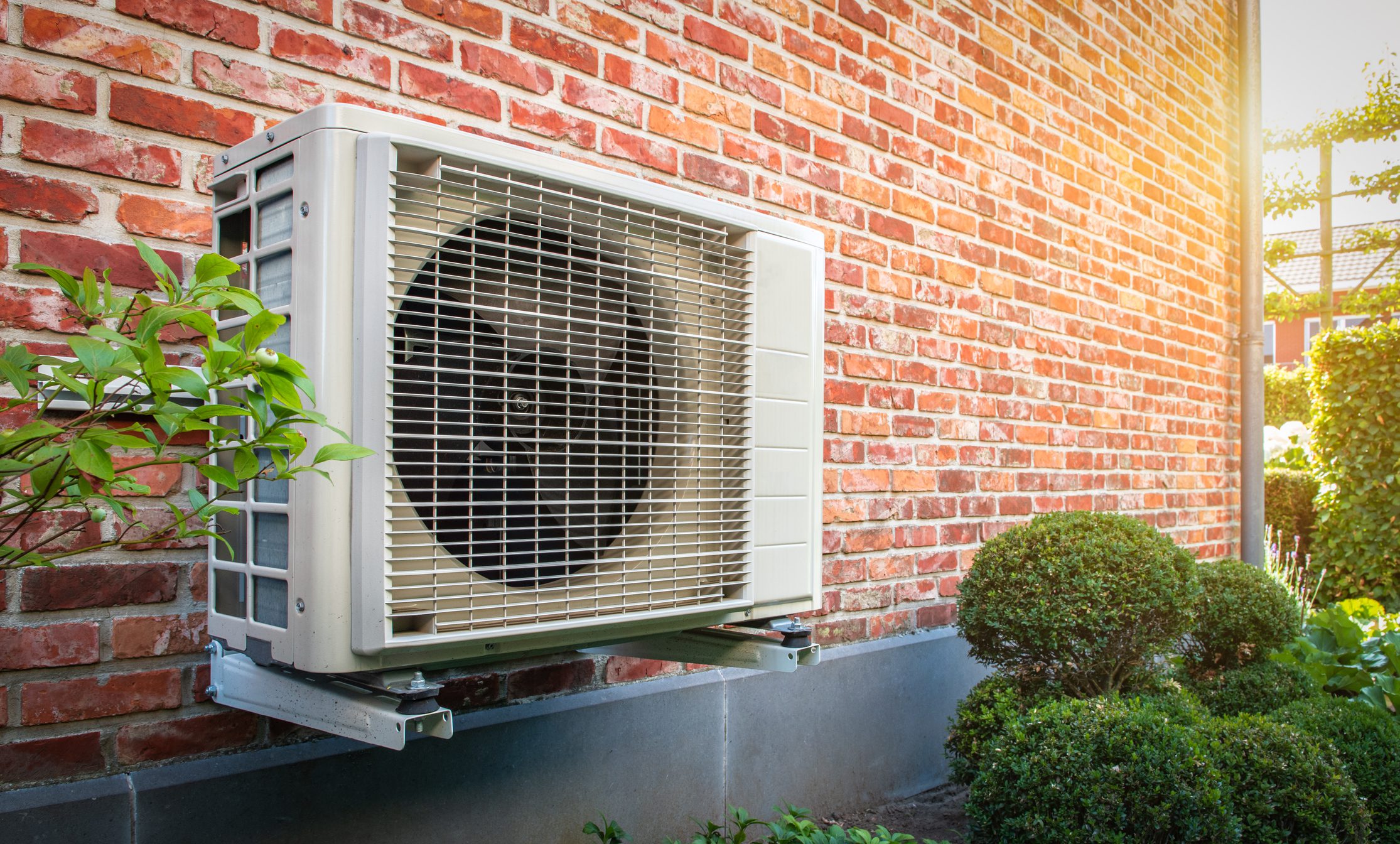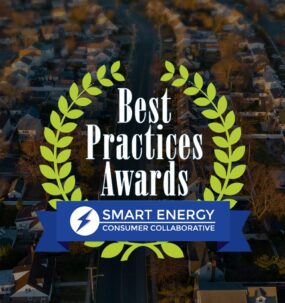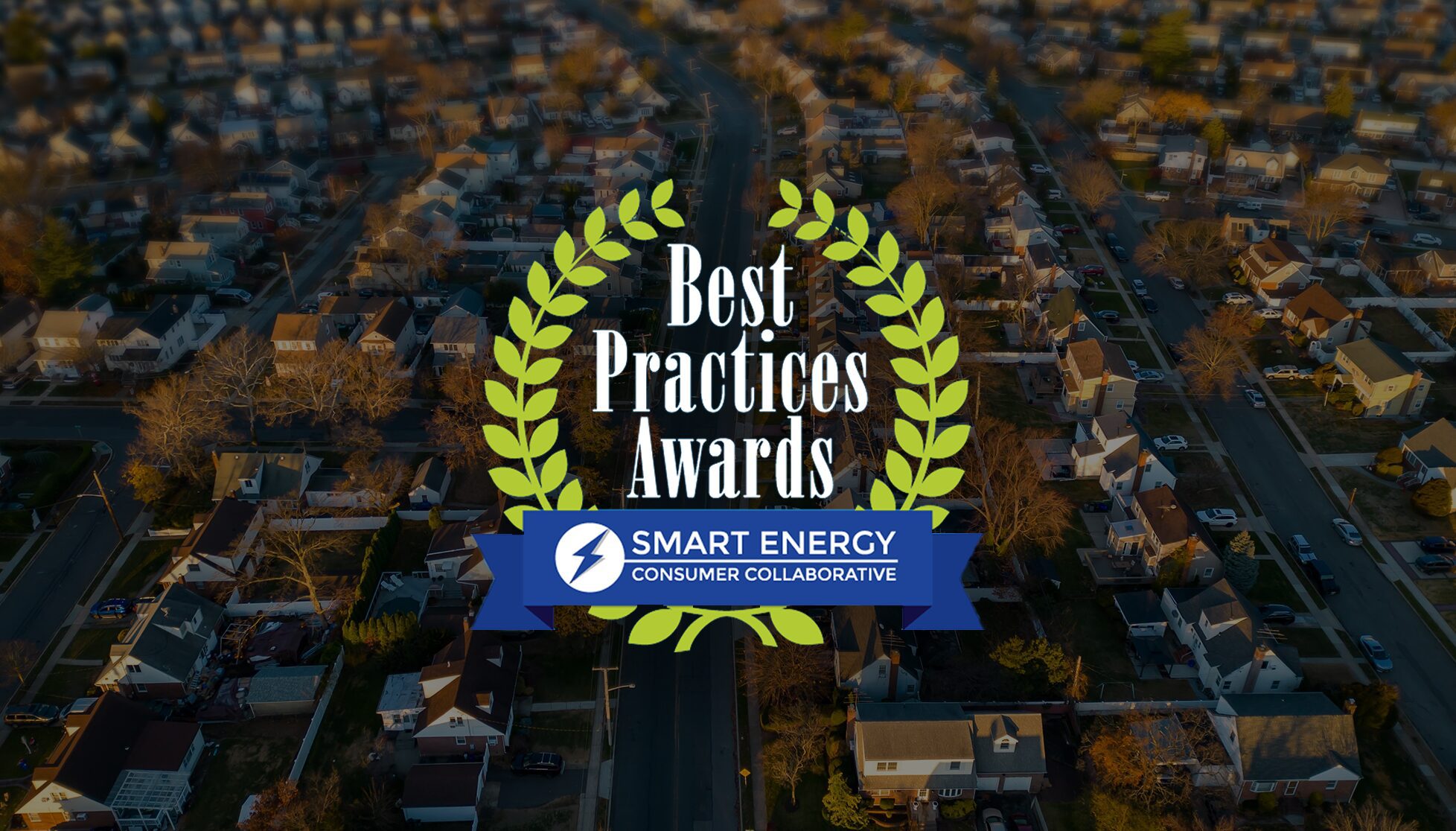Curious if a heat pump is right for you?
Part 1 – Mythbusting the Heat Pump

Ah, the heat pump. You’ve probably heard of it. Heck, it’s been around in one form or another since 1856 when Peter von Rittenger invented the first one.
According to the Department of Energy, a heat pump offers an energy-efficient alternative to furnaces and air conditioners in any climate. It uses electricity to transfer heat from a cool space to a warm space, making the cool space cooler and the warm space warmer.
It sounds simple, elegant even! Yet persistent myths persist, keeping consumers from embracing heat pumps, even though they can access a tax credit that covers up to 30% of the expense of installing one. According to research by Rewiring America, only 16% of US households currently use a heat pump for their heating and cooling needs.
So we are here to examine some of the more prevalent myths about heat pumps.
MYTH 1: Heat pumps don’t work in cold weather
If you live in a cold climate, it’s very likely winter is upon you. A heat pump can help you stay cozy, dare we say in a state of hygge, this winter. Any reputation that heat pumps had as underperforming in cold weather are a thing of the past.
Technological leaps like advances in the variable speed inverter have allowed heat pumps to perform, even in sub-zero freezing temperatures. Other advances in heat pump technology have allowed for a more seamless integration of backup electric resistance systems, which can provide an extra layer of security in extremely cold climates.
Heck, they are even keeping people in Alaska warm!
MYTH 2: Heat pumps only provide heat
As Shakespeare once said, what’s in a name? Yes, it’s called a heat pump, but part of its job is to provide cooling in the summer. When hot weather hits, the heat pump functions just like a standard air conditioner.
Essentially it changes the pressure on the liquid refrigerant fluid. In the simplest terms, warm air from inside and outside of the home flows across coils of the fluid, removing the heat and piping it back outside, while the cool air is ducted back into the house.
Current-day heat pumps are more than ready to heat your home when you need it, and yes, efficiently and effectively cool your home as well.
MYTH 3: Heat pumps are really expensive
Did we mention that tax credit? Even without it, heat pumps can be a solid long-term investment. The only way to find out if a heat pump is the best investment for you is to call a professional by getting a few quotes from HVAC experts.
If you do decide a heat pump is the right solution for you, now is a great time to make that investment and take advantage of that tax credit before it goes away. The National Renewable Energy Laboratory has state-by-state fact sheets that outline some of the cost-effective residential savings potential and top priority improvements in that state.
MYTH 4: Heat pumps are noisy
The average heat pump operates at 60 decibels which is the same as background music. Some ultra-quiet models have been rated for 40 decibels, making them even more quiet. If you are concerned about noise, there are a few things you can do, like locating the heat pump away from a window and on an outdoor wall.
Most heat pumps are also rated for noise, so if it’s a concern, make sure you are checking for that before you purchase one. If you notice loud or unusual noises, then just like with a standard HVAC system, it’s time to call a professional.
MYTH 5: Heat pumps require frequent maintenance
According to the Department of Energy, like all heating and cooling systems, proper maintenance is key to efficient operation. The difference between the energy consumption of a well-maintained heat pump and a severely neglected one ranges from 10% to 25%.
But the same is true of all HVAC systems, so having a heat pump isn’t any different in that regard. Make sure you are cleaning or changing your filter once a month to help increase the efficiency and overall life span of the unit.
It seems like many of the myths that may be stunting the growth of heat pumps are just that…myths. That is not to say they are the right choice for everyone, but there are a lot of resources available for those considering heat pumps, so take advantage of them. From the Department of Energy to Energy Star, to your local HVAC professional, if you put in a little time and effort to find the right heat pump solution, you (and the environment!) can benefit from the rewards.
Stay tuned for the rest of this three part series on Heat Pumps, Stacking Modifiers for Unique Energy Solutions and Heat Pumps and the Electrification Journey.





